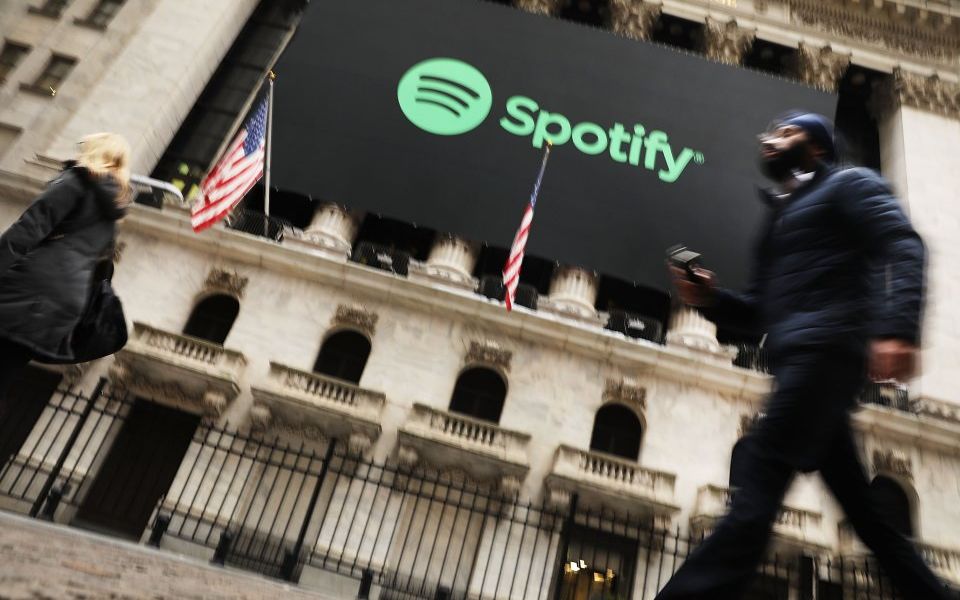European tech startups could reach $50bn valuations within the next few years, if they take the right steps

Only six companies have managed to reach $50bn (£38bn) valuations since the turn of the millennium, and none of them were founded in Europe. So what does it take for a startup to become a tech titan?
Firstly, a large gap remains between titans – companies founded after 2000 and valued at $50bn or higher – and smaller European tech firms in their ability to attract investment at scale.
The six titans in existence, which include the likes of Facebook, Uber and Baidu, have raised a total of $57bn in equity, according to research from GP Bullhound. Comparatively, Europe’s 69 so-called unicorns – companies with valuations of between $1bn and $10bn – have raised just $20bn in that time, at both public and private level.
On average, titans have raised almost five times the amount of capital as Europe’s brightest and best. History shows that it takes around $7.3bn in total fundraising to achieve a $50bn valuation, versus the current European raise average of $1.6bn.
Chinese ride-sharing startup Didi Chuxing raised $15.7bn before reaching $50bn in value, while fellow titan Ant Financial broke the record for the largest single fundraise at $14m in June this year.

GP Bullhound, 2018. Data set excludes Baidu (limited early funding available)
In 2017, just nine European companies landed mega-rounds of more than $200bn in primary equity funding, five of which were UK tech firms like Farfetch, Transferwise and Klarna. Analysts at GP Bullhound have said that unless this number increases, Europe will never catch up with its Asian and American competitors.
Additionally, European companies need to maintain a speedy growth rate if they are to reach titan status. Sweden’s Spotify is the current frontrunner, having grown its valuation by 122 per cent in the last year alone after going public.
As an early investor and board member in Spotify and a partner at Northzone, Par-Jorgen Parson said that it is the company’s “constant innovation and willingness to embrace risk” that has made it a global success story. It is this fearlessness that has determined its position at the front of the European startup pack, and soon, others will follow suit.
Coming in just behind Spotify are Zalando, Just Eat, Yandex and Delivery Hero, which analysts believe are also well on their way to achieving titan status.

GP Bullhound, 2018
However while the UK remains the most predominant home for Europe's billion-dollar companies, it has fallen behind in the race to create either so-called decacorn – companies with a valuation of between $10bn and $50bn – or titan startups.
Why is this? Well…
"It’s not a conscious choice to create a bigger company," said Alessandro Casartelli, director at GP Bullhound, speaking to City A.M. last week.
"But what I’ve found with companies outside the UK is that in a way, being in a smaller economy like Sweden or Netherlands makes you look outside. You have no choice but to go international, outside of your European life."
He concluded:
"Europe has all the right ingredients to create a tech titan; with the right combination of ambition and risk, there is no reason Europe can’t now realise its potential to create its first.
"It’s time to reset the ambition level of Europe’s tech companies to make this a reality."